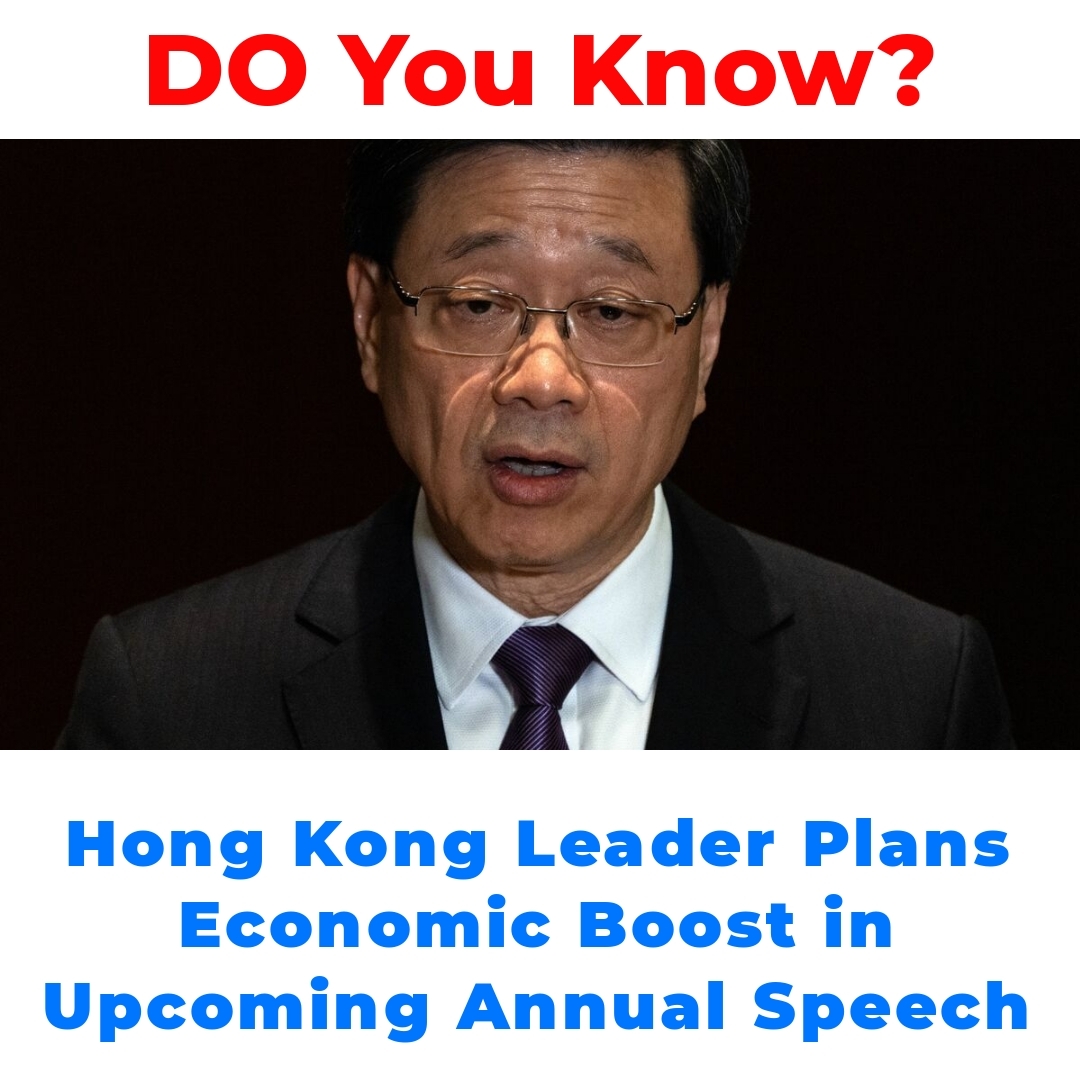The upcoming annual speech by Hong Kong’s leader is a crucial event that emphasizes the need for economic growth in the region. Key topics will include the proposed liquor tax cut and strategies to enhance Hong Kong’s reputation as a major finance center, which are vital for bolstering the Hong Kong economy.


Current State of Hong Kong’s Economy
When we take a look at the recent performance of the Hong Kong economy, we see a mix of both opportunities and challenges. Economic indicators such as GDP growth and unemployment rates have been fluctuating, which highlights the uncertainty in the market. The global landscape has changed, and so has the need for prudent fiscal policy to drive economic growth. Policymakers are recognizing that they must adapt quickly to these changes if they want to support local businesses and attract investments.
Role of Hong Kong as a Financial Hub
Hong Kong remains a pivotal finance center not only in Asia but also on the global stage. Its unique blend of strong regulatory frameworks, a skilled workforce, and proximity to major markets makes it an attractive destination for investors. Being a top-tier financial hub means that Hong Kong can attract capital flows, create jobs, and contribute significantly to the overall economic stability of the region. However, strengthening this position is crucial, especially in light of competition from other financial centers that are also vying for a share of the global market.
Proposed Economic Measures
Potential Tax Cuts: The Liquor Tax Proposal
A major topic likely to be addressed in the upcoming speech is the proposed reduction of the liquor tax. This proposal could represent a significant move towards revitalizing local businesses by increasing consumer spending. Lower taxes might lead more people to dine out and enjoy Hong Kong’s vibrant culinary scene, providing much-needed support to restaurants and bars that have struggled in recent years. It’s an example of how targeted economic measures can help stimulate the Hong Kong economy.
Other Economic Measures to Strengthen Hong Kong’s Finance Sector
In addition to the liquor tax proposal, there are other potential measures that could help bolster Hong Kong’s economy. These could include enhancing digital infrastructure, improving regulatory frameworks, and offering incentives to attract foreign investment. It’s important for the government to focus on policies that not only support local businesses but also draw international firms to set up shop in Hong Kong. This kind of strategic planning is vital for the long-term growth of the finance sector and the economy as a whole.
Strengthening Hong Kong’s Position as a Financial Center
Competitive Strategies in the Global Market
To stay competitive on the global stage, Hong Kong needs to implement forward-thinking strategies. This includes enhancing regulatory reforms that can inspire confidence among investors and businesses alike. Moreover, developing infrastructure is just as critical—efficient transport and communication systems are essential for economic resilience. By focusing on these areas, Hong Kong can maintain its allure as a premier finance center, attracting not just local but also international players.
Long-Term Implications of Economic Measures
Looking ahead, it’s crucial to consider the long-term implications of the proposed economic measures. Will the liquor tax cut and other initiatives lead to sustainable growth? Policymakers need to evaluate the potential impacts carefully. Strategic fiscal policies designed to safeguard economic stability can drive growth in a more sustainable manner. By prioritizing these measures today, they’ll be laying down a foundation for a robust Hong Kong economy that can thrive for generations to come.
Conclusion
In recap, bolstering Hong Kong’s economy through targeted policies is essential for ensuring its future as a prominent finance center. As we anticipate the upcoming speech from the leader of Hong Kong, it’s clear that there’s a strong commitment to invigorating the local economy. Continuous adaptation and proactive policy-making will be key in maintaining Hong Kong’s stature on the global stage. For everyone involved, from local businesses to policymakers, engaging in discussions about economic reforms will be vital to collectively enhancing the Hong Kong economy.
Hong Kong’s leadership is prompted to take these steps not just to address immediate challenges but also to build a resilient economic future. With evolving demands and an ever-competitive landscape, it’s crucial that all stakeholders remain informed about upcoming policy changes and actively participate in shaping a better economic environment.
FAQ
1. What are the current economic indicators for Hong Kong?
The Hong Kong economy is experiencing fluctuations in key indicators such as GDP growth and unemployment rates, reflecting uncertainty in the market.
2. Why is Hong Kong considered a financial hub?
Hong Kong is a vital financial center due to its strong regulatory frameworks, a skilled workforce, and its proximity to major markets, making it attractive for investors.
3. What is the proposed liquor tax reduction about?
The proposed reduction in the liquor tax aims to boost local businesses by encouraging consumer spending, thereby supporting struggling restaurants and bars.
4. What other measures are being proposed to strengthen Hong Kong’s economy?
- Enhancing digital infrastructure
- Improving regulatory frameworks
- Offering incentives to attract foreign investment
5. How can Hong Kong stay competitive in the global market?
To remain competitive, Hong Kong needs to implement innovative regulatory reforms and develop efficient transport and communication infrastructure.
6. What are the long-term implications of the proposed economic measures?
Policymakers need to evaluate whether initiatives like the liquor tax cut will lead to sustainable growth, ensuring the stability of the economy for future generations.
7. Why is continuous adaptation important for Hong Kong’s economy?
Continuous adaptation and proactive policy-making are crucial for maintaining Hong Kong’s global stature and addressing both immediate and long-term economic challenges.






